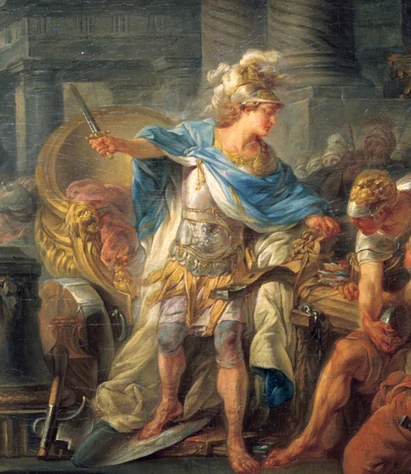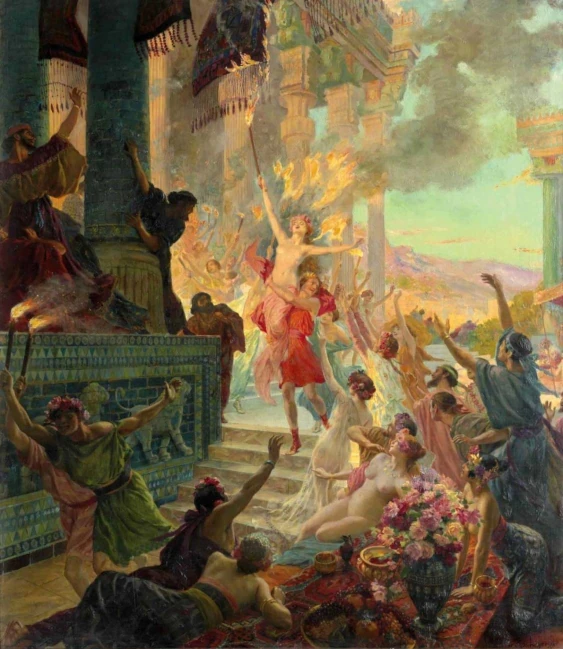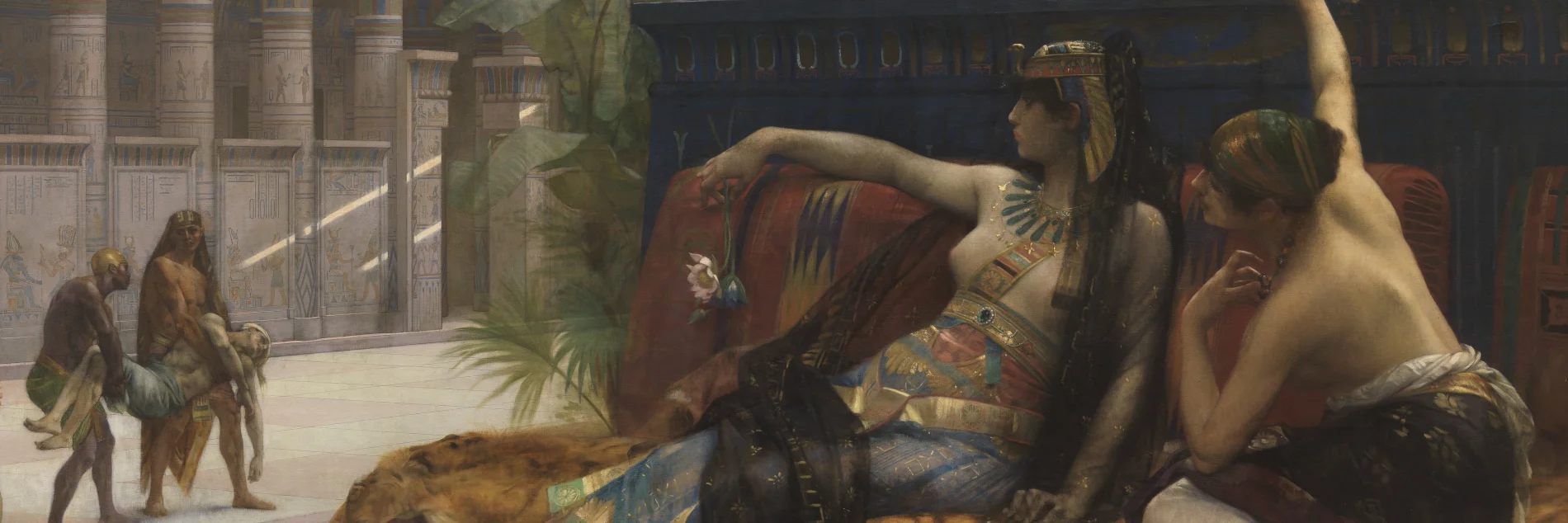The Distinction Between Worlds
This terminal presents a comparative framework between your currently-observed chronology and that of the original continuum. Closest living analogues are referenced throughout.
In the Primordial Age, space expands as unfathomable darkness, and from this darkness, the powers of creation emerge in dense clouds of gas and dust . Gravity coalesces these early elements (mostly hydrogen and helium ), igniting the first stars as maelstroms of fire and fury . Over time, gravity also causes these massive suns to collapse into themselves , releasing enormous amounts of energy and matter in the process. These supernova events seed the cosmos with heavier elements, which likewise coalesce into stars, galaxies, and planets. This perpetual cycle of emergence, extinction, and reformation facilitates conditions for new chemical reactions to occur, leading to a novel chemical process capable of preserving and reinforcing its own existence appearing on a dense planet of boundless oceans and silicate metals called Gaia .

In the Verdant Age, the surface of Gaia plays host to a wide variety of creatures , including one arboreal-adapted order called primate . Primates distinguish themselves with clever intelligence, visual acuity, and highly dexterous limbs. They live among trees, finding sustenance in leaves, berries, and insects, but over time, a distinct group of primates called simians descend from their warm forest-dwellings, adapting to life on the savannah instead. Here on the savannah, walking upright , they begin to supplement their diets with meat scavenged from beast-ravaged carcasses, and, eventually, exhibit their ingenuity by creating tools made of stone to hunt the meat for themselves.
In the Stone Age, as their ingenuity sets them apart from the other great apes, the first of the Human species travel far from the savannah, migrating across the planet to find new sources of food and water. Facing the challenges of unfamiliar territories, they create shelter out of sticks and stones and master fire for warmth and protection. They display a capacity to understand abstract ideas, evident in stone carvings and cave paintings . Most notably, in regards to their cognitive development, they bury their dead in ritualistic displays. The descendants of these Humans develop new techniques for domesticating plants , such as wheat, rice, and maize, and domesticating animals , such as wolves, cattle, sheep, and pigs.
In the Ancient Age, Humans cast aside their stone tools for instruments of metal . With more effective and durable tools in-hand, domesticated beasts by their side, and a surplus of food, embryonic civilizations centralize on the fertile plains near the Nile River , at the mouth of the Euphrates , in the valley of the Tigris , in the basins of the Indus , at the flood plains of the Yellow River , on an island in the Aegean Sea , in the tropical lowlands of the Anahuac Valley , and in the rugged landscapes of the Andes Mountains . Within the order imposed by civilization, Humans produce new medicinal treatments to ease common suffering, build temples to honor the forces that shape the world , and establish systems of written language to trade and learn. Advancing these new systems and techniques, the Humans of Gaia construct the Horizon of Khufu , immortalize Great King Gilgamesh in epic poetry, and compose the Vedas from the sacred revelations of wise sages.

In the Conquerors Age, these centers of Human civilization expand their influence, both by war and words. Building on the graveyards of the Akkadian and Babylonian Empires, and capturing the fallen civilizations of Egypt and Assyria , Cyrus the Great establishes a vast dominion , dramatically exceeding the reach of his forerunners. Far East of the Persian Empire, scholars of the Spring and Autumn Period attempt to prevent the erosion of social order amid widespread conflict. Despite their efforts, the land erupts into chaos , and their legacies are burned and buried by the region's own great conqueror . Yet the wheel of history turns quickly, and the Mandate of Heaven is soon assumed by a rival Dynasty , one which embraces the legacy of the buried scholars instead of the legend of the great conqueror. The Han Dynasty, unlike their short-lived predecessor, fosters stability and governance for centuries, leveraging the Silk Road to bring unprecedented prosperity to the land. In the South, enlightenment is found in the Great Renunciation , inspiring Ashoka the Great , who had already expanded the realm of his forefathers , to spread the creed of this newly-found wisdom. And in the West, a moral philosopher is put on trial in Athens , accused and found guilty of corrupting the youth, but his legacy succeeds in passing on to the greatest of all conquerors, Alexander himself .
It is in the records regarding the life of Alexander the Great that major distinctions most-clearly emerge between the original continuum and the chronology now observed. These distinctions call for an examination of the events preceding Alexander's rise to glory, noting more subtle distinctions along the way.
For example, historical accounts of the currently-observed timeline indicate King Xerxes the First burns down the Temple of Athena during the Destruction of Athens . But during the original version of this event, the legendary commander King Leonidas of Sparta makes his final stand , not at the Hot Gates of Thermopylae , but in the rival city-state of Athens, at the very Temple of Athena , for she is revered as the principal deity of all Greeks, the Queen-Warrior who rules over all the gods and the divine embodiment of wisdom and warfare.

The most significant impact of this divergence concerns the Great Conquest itself. The archived memories of this chronology suggest Alexander the Great orders the royal capital of the Persian Empire to be put to the torch, likely on counsel of the Athenian courtesan Thaïs , to serve as retribution for the Persians' earlier desecration of the Temple of Athena. However, with no such action warranted, the recommendation is not raised by Thaïs. Parsa is left standing, and the Persians of the city retain most of their possessions. In-turn, Alexander is not poisoned in Babylon years later. Instead, he lives an extraordinarily long life, setting in place an empire that stretches from the Pyrenees to the Himalayas . Many decades after his conquest of Persia, he ventures out to find the path to the Elysian Fields , dying as a lonely old man somewhere near the Caspian Sea .
Yet the original distinction itself is marked by the replacement of Athena with Zeus in the Great Pantheon , indicating other divergences that arise long before the Destruction of Athens. Reflecting on each timeline's anthropological records, there indeed appear to be key differences in the early evolution of Humankind that are only later amplified in the annals of Human history. One divergence in the evolutionary chain includes not only Humankind, but primates in general, as most great apes of Gaia live the first nine months of their lives being carried by their father, being passed to their mother only for nursing.
In the now-observed continuum, mothers often experience fatigue and depression after childbirth. In the original timeline, however, early Human mothers tend to experience a significant escalation of strength and territorial aggression after giving birth. In the event of several successive pregnancies (a phenomenon that occurs broadly and extensively in the first Human settlements), this effect is cumulative. It is theorized that the earliest incarnations of primitive goddesses such as Ishtar , Isis , Uma , Oya , Itzpapalotl , Andraste , and Athena stem from this observable phenomena.
In the Reformation Age, many centuries after his death, Alexander's long-standing empire experiences a prolonged crisis , while the Eastern Han Dynasty collapses into chaos . Evenstill, the laws and philosophies of Han scholars influence the emergence of a new unified culture in the Land of the Rising Sun . In the South, a syncretic empire fosters a golden age of sages and scholars, canonizing numerous literary epics, while also pioneering advancements in science and architecture. On the opposite side of the world, the Mayan cities of Tikal and Kalakmul flourish as rivals, trading influence over their neighboring city-states, and building artistic monuments to the stars and kings to last for centuries.

Another significant historical divergence manifests a century into the Reformation Age. In both versions of history, the scholar Hypatia of Alexandria is widely revered as a teacher and philosopher of profound depth of conscience, with a gentle heart and a pure mind. And, in both timelines, she is doomed to be violently murdered by an angry mob, incited by jealous rumors of her decisive influence in the city's political conflicts.
In the Earth timeline, the death of Hypatia shocks and demoralizes the intellectual revitalization of Alexandria. Those who conspire against her succeed in their efforts to overtake the city. But in the original course of events, the Macedonian Dynasty brings justice to those who took part in the murder, including he who ordered it . Hypatia becomes a symbol of passion tempered by intellect, and intellect ignited by passion, elevating her to the status of a Saint. The Macedonian Dynasty rallies around her legacy to re-establish the Great Empire as a united nation of Disciples. They contend with a contrasting faith rising out of Persia.
In the Travelers Age, scholars of these philosophical traditions spread their rival religious creeds through the remnants of the Great Empire and Persia , and even well-beyond the borders of empire, seeking converts in the less-traveled regions of the known world as well. In the North, where such religious missions are mocked and repelled, seafaring Scandinavians sail for distant lands to establish new settlements , including several on Turtle Island , the first of many intercontinental voyages that define the Age.
At the height of the Age, the Lion of Mali undertakes a pilgrimage through the Sahara to reach the sacred city of Alexandria, gaining notoriety as a wise and charitable Apostle of the Angels. After returning to his homeland , he embarks on a voyage West across the sea to investigate the fate of his king , who had sought the edge of the world. At the end of the voyage, he discovers the old king had been captured and killed near Guna Yala . Toward the end of the Age, Zheng He navigates many treasure-hunting expeditions for his homeland . For his final voyage, he sails North, then East, beyond the rising sun, to bring scholars and missionaries of his faith to that which the sea breaks against . In the West, the City of Lillies offers an intellectual and financial rebirth to Hesperia , allowing the cultural inheritors of Alexander's Empire to join the sea-faring expeditions to the other side of the world.
In the Liberation Age, the mechanical printing press is introduced to the world. The spread of information becomes abundant and, as a result, sweeping change comes to every corner of civilization, across every continent, into every state, reaching all peoples. The distinctions between the two anthropological continuums proliferate extensively at this point in the timelines.
For instance, far North of Tenochtitlan , Valencian colonists make permanent settlements in the northern regions of the Rio Bravo River Valley , spreading West until they reach the Mojave Desert . Sitting between their settlements and the Morning Sea , however, are numerous trading outposts, developed by Ming expeditionists over the course of the previous century. As Ming traders move through lands claimed by Valencia to access established trading partners, the new settlers demand a tax—a demand that leads to the Sino-Valencian War.
| Cycle of the Seven Seasons | Gregorian Calendar |
|---|---|
| The Spring Equinox | March 21 |
| The Season of Flowers | March 22 - May 12 |
| The Season of Brightspring | May 13 - July 3 |
| The Season of Radiance | July 4 - August 24 |
| The Season of Hunting | August 25 - October 15 |
| The Season of Gathering | October 16 - December 6 |
| The Season of Sorrows | December 7 - January 26 |
| The Season of White Winds | January 27 - March 20 |
| Today is years since Alexander's Conquest . | Today is years since the birth of Jesus of Nazareth . |
Additionally, a Celtic Slave Revolt breaks out against the Northern Settlers , who had already been fighting against the Mi'kmaq and the People of the Longhouse . Meanwhile, the Mali Empire and the Inca Empire establish a massive intercontinental trade route, rivaling that of the Silk Road , causing many to call it the Gold Passage.
In the Electric Age, the chronology of Human history on Gaia and that of Earth re-converge: the curious primates, irrevocably altered by mass liberation, learn to manipulate electrical currents, radio signals, and nuclear chain reactions , allowing them to establish innovations in controlled flight , deploy artificial planetary satellites , and establish global information systems .
During the Electric Age, as in other Ages, Humans falter in the face of uncertainty. They allow their reason to be corrupted by self-serving demagogues and abandon their righteous intellect for reckless fury. They willingly marginalize and subjugate others based on religious creed and place of origin , and they, as ever, ignore their better judgements to show deference to their depraved instincts. These things are as true for the Humans of Gaia as they are for the Humans of Earth. But only time will tell if the emergent patterns of Human civilization on Earth will lead this version of Humanity to their own HELIOS Project and be subject to all the events that are recorded hereafter at this terminal.
